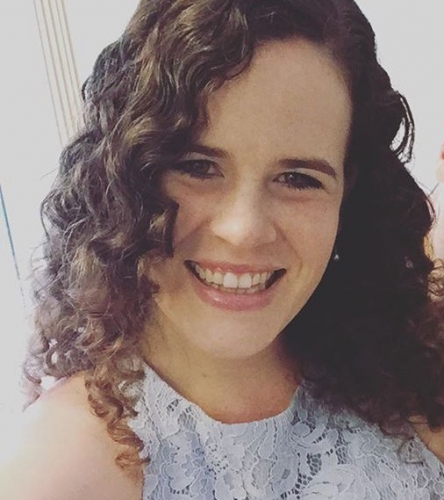If you work in healthcare, you already know one thing: learning never really stops. New research, new treatments, new technology… just when you think you’ve caught up, there’s something new to know. But finding time (and energy) for study between shifts, family and life? That’s the hard part. This is where microcredentials come in, and these short, focused courses are changing how healthcare professionals learn, especially when it comes to continuing professional development (CPD). So, what exactly are they, and could they be the future of CPD in Australia?
Microcredentials are short courses that focus on a specific skill or topic, like wound care, digital health, infection control, or clinical leadership. Just like you might expect, they are bite-sized topics that really dive into one particular area, to help upskill without committing to a full degree. From a few hours to weeks, these short courses can be done in your own time, at your own pace. Most of these microcredentials are formally assessed, and you receive a certificate or digital badge that can be added to your professional portfolio. Some can even count as credit towards future qualifications, like a Graduate Certificate or a Master’s Degree.
Subscribe for FREE to the HealthTimes magazine
The
Australian Government Department of Education has developed a National Microcredentials Framework to help standardise what these courses look like, so they’re more consistent and recognised across institutions. It states: “The framework defines microcredentials as a certification of assessed learning or competency, with a minimum volume of learning of one hour and less than an AQF award qualification, that is additional, alternate, complementary to or a component part of an AQF award qualification.”
It’s easy to see why these short courses are so appealing. Between the long shifts, rotating rosters, shift work, and the balance with family life, traditional study just isn't realistic for so many. It can be too hard to commit to full-time or even part-time degrees when you’re already juggling so many balls.
Microcredentials are appealing because they’re:
-
Flexible: Learn anytime, anywhere, around shifts or on a weekend.
-
Focused: Tackle one specific skill at a time, instead of a broad degree.
-
Fast: Many can be completed in days or weeks, not months.
-
Affordable: Usually costs a fraction of traditional postgraduate study.
-
Relevant: Designed with industry needs in mind.
For example:
The big question is, do these courses count towards CPD? The short answer? Yes, if they meet the right criteria.
Each board under the
Australian Health Practitioner Regulation Agency (Ahpra) sets its own CPD requirements. Most boards don’t specify where you must study, only that your learning activities are relevant to your scope of practice and improve patient outcomes. That means a microcredential in Advanced Wound Care for Aged Care or Effective Clinical Supervision can count towards your CPD hours, as long as it’s evidence-based, credible, and you can show how it relates to your work.
Some providers even partner directly with professional associations or employers to make this easier. The
Australian College of Nursing (ACN) offers micro courses that clearly state how many CPD hours they contribute. For example, Fundamentals of Cardiac Arrest counts towards one CPD hour, while Immunisation Bundle 2: Primary Health Update 2025 counts towards 7 CPD hours.
Microcredentials can help you:
-
Update quickly on new policies, equipment or technologies (like telehealth or infection prevention).
-
Fill skill gaps if you’re changing roles or moving into management.
-
Collaborate across professions, since many microcredentials are open to nurses, allied health and admin staff.
-
Show evidence of growth. Digital badges and certificates make your professional learning easy to share on LinkedIn or in performance reviews.
Many also count towards degrees, if that’s what you’re aiming for in the long term. For example, ACN’s Micordentials are short, accredited courses that are designed to give you practical skills that can be applied immediately to your career, as well as stack towards a Graduate Certificate.
Healthcare employers are also increasingly using microcredentials to strengthen their teams.
Hospitals and health services are introducing short, targeted programs to quickly upskill staff in areas like infection control, trauma care, or clinical documentation.
NSW Health, through HETI, provides statewide microlearning for compliance, cultural safety and professional development.
For employers, microcredentials are a win-win:
-
Staff stay current without long study breaks.
-
Training is faster, measurable and easily tracked.
-
Teams can respond to emerging needs (like new equipment or procedures) in real time.
Healthcare is changing faster than ever, and professional learning is changing with it. The future of CPD is likely to be a blend of formal education, on-the-job training and microlearning. Instead of taking long courses every few years, clinicians will build portfolios of digital credentials over their careers. For busy clinicians, microcredentials offer exactly what modern healthcare demands: fast, flexible, focused learning that fits around the chaos of everyday life.













